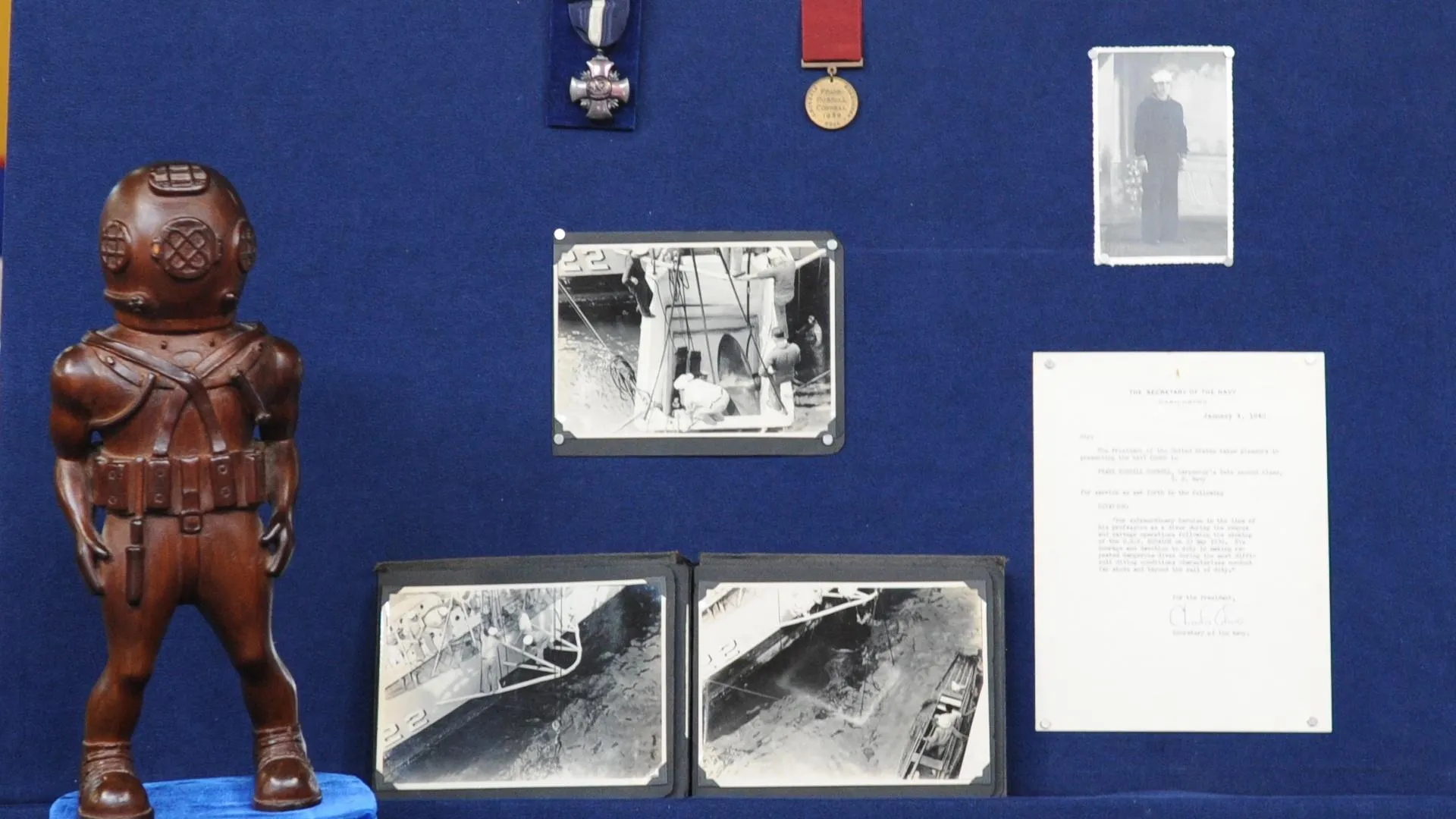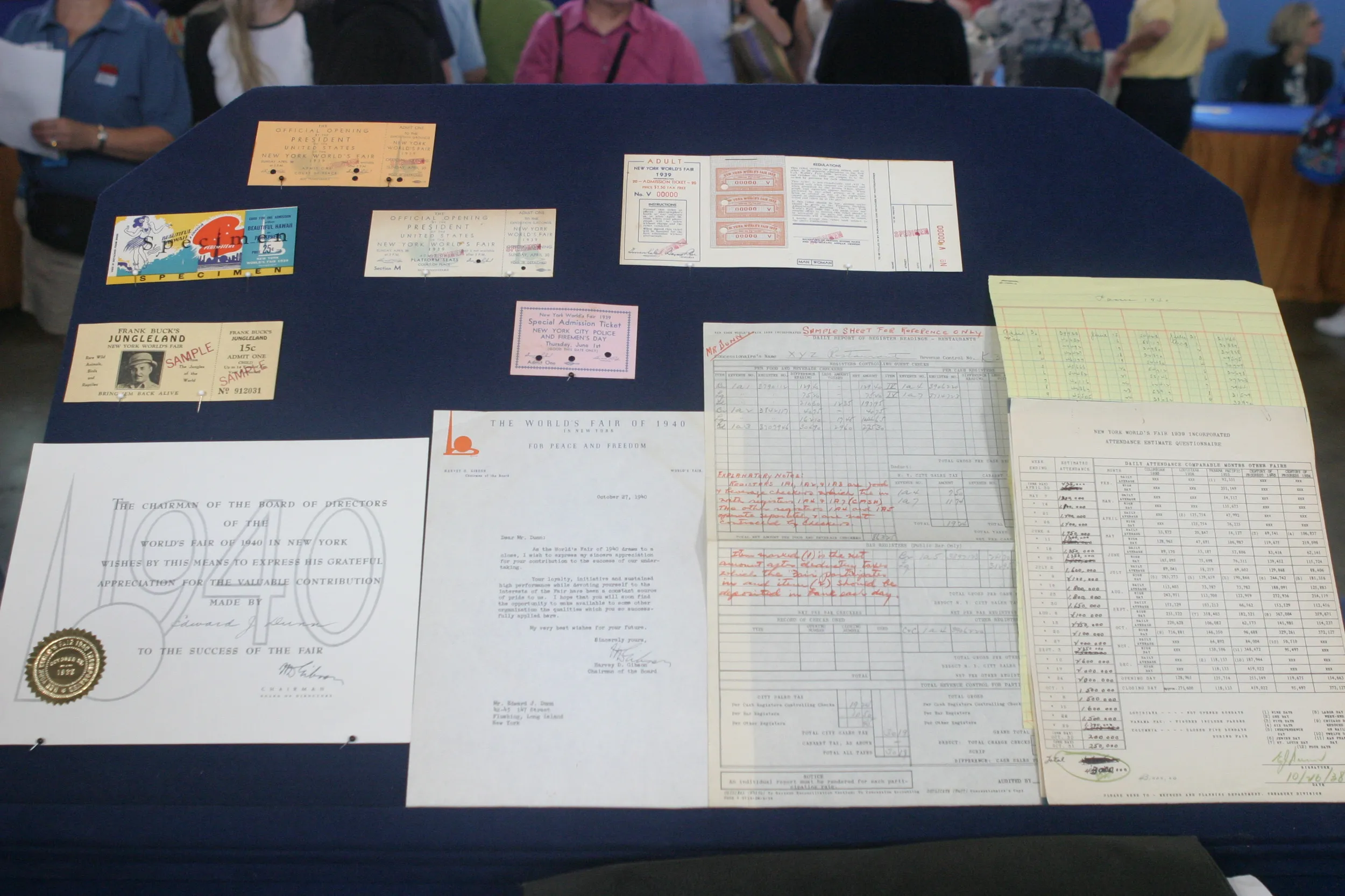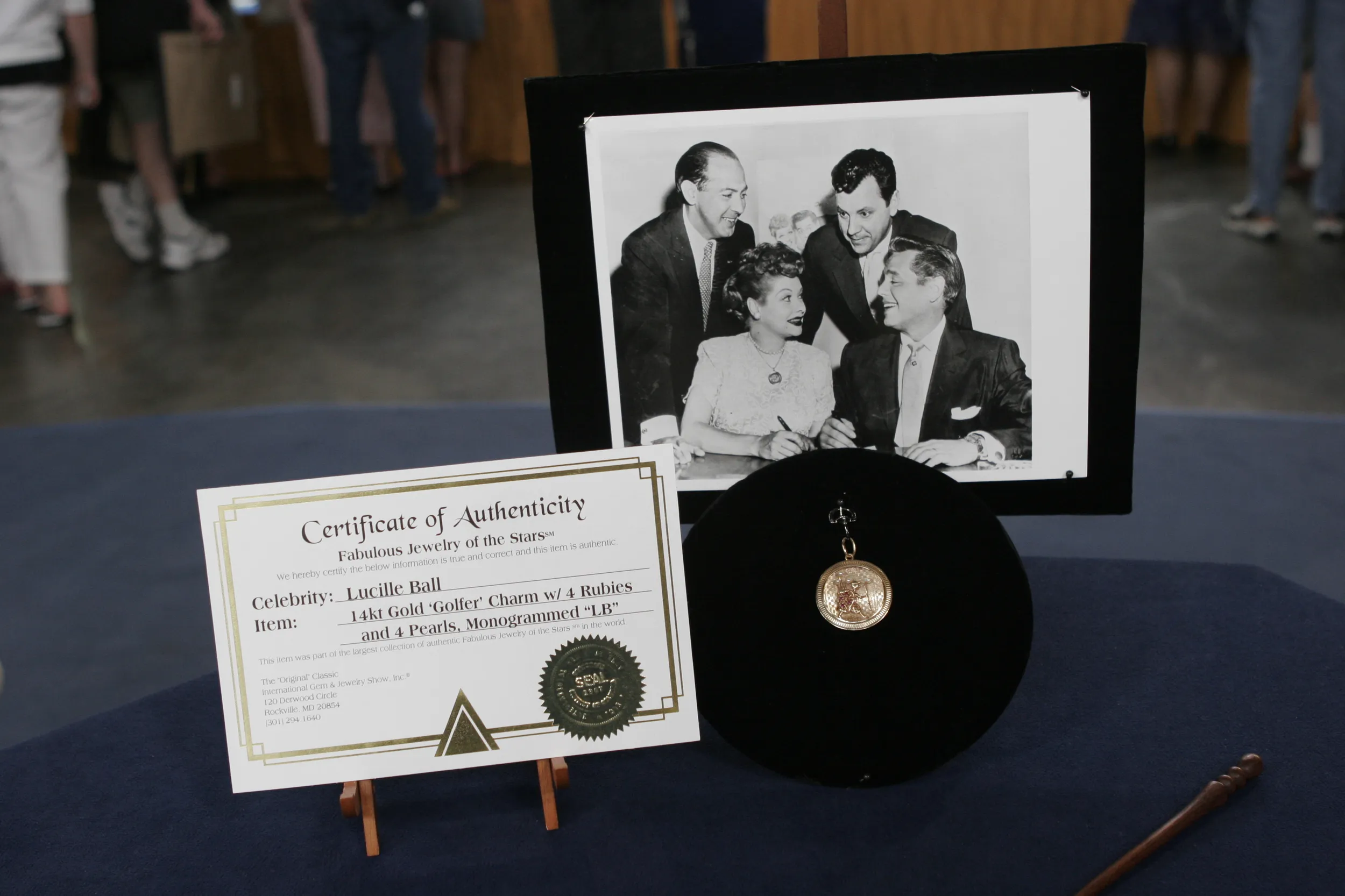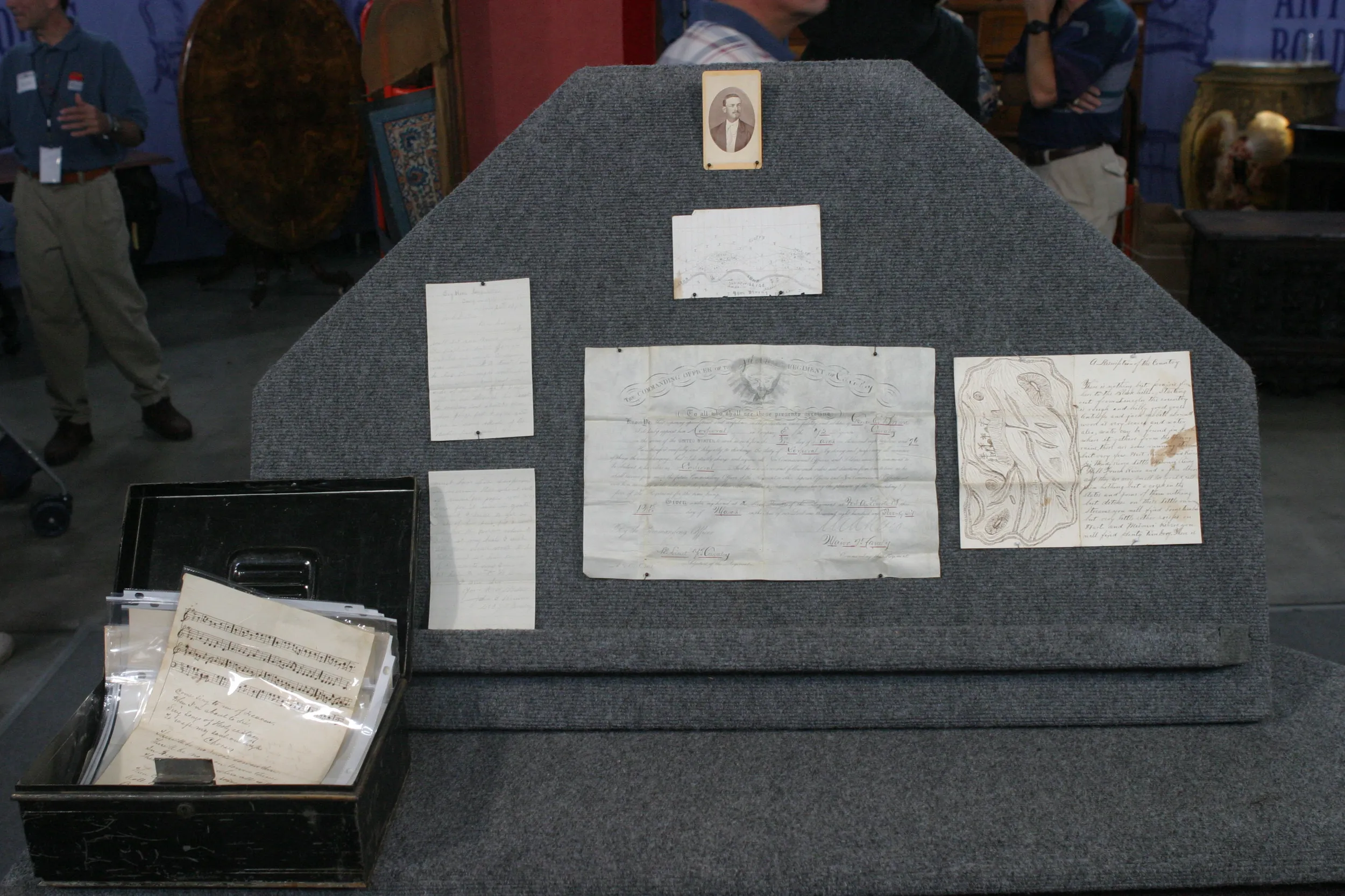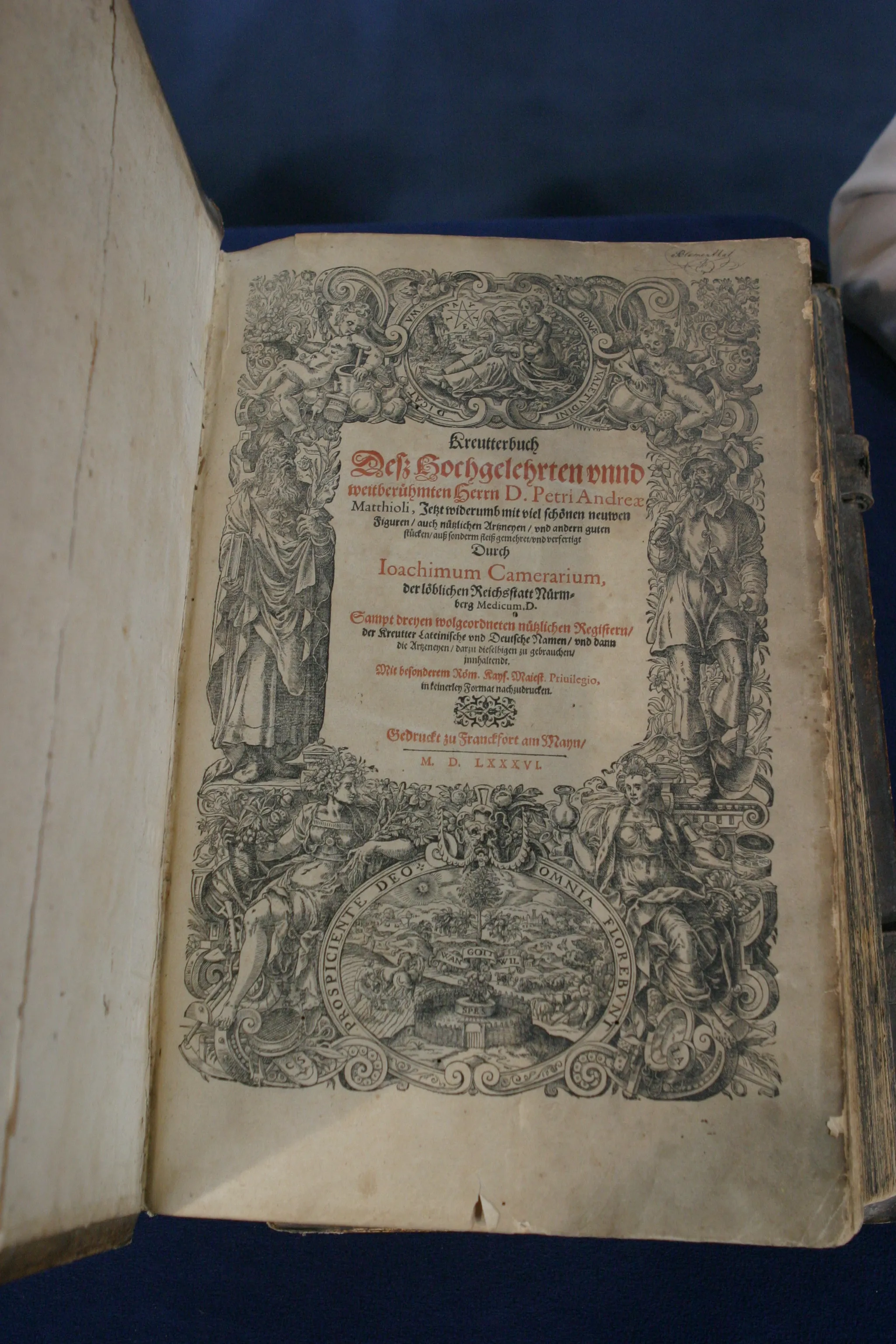HOST: Lieutenant Colonel George Armstrong Custer and his wife Elizabeth Bacon Custer are part of the rich military history of Fort Abraham Lincoln in Mandan, North Dakota. The Custers lived here before the Seventh Cavalry set off in May of 1876 to fight what would come to be known as the Battle of Little Big Horn. This house is a replica of the home that Custer shared before that monumental clash. Roadshow thought it was a great place to examine the written works of Libbie Custer, who became her husband's most fervent champion after his death.
APPRAISER: Libbie Custer was born in 1842 in Monroe, Michigan. During the Civil War, George Armstrong Custer visited Monroe, and he was enamored with her. He stared courting her, but he was a low-ranking officer at the time. She was from a prominent family. Her parents weren't quite sure it was a great match. But he became the boy general. He was the youngest brigadier general in the Civil War. He was 23 years old, boy general. By the end of the war, they were married, and from that time on, she was with him, wanted to be with him, and forever promoted him.
HOST: Then of course there's the Battle of Little Big Horn, which doesn't go so well for Custer.
APPRAISER: Not at all.
HOST: And controversy happens, and there is debate on whose fault it was, and that's where she really gets on the pulpit.
APPRAISER: President Grant basically said it was Custer's fault-- he didn't wait for backup, he was impulsive-- and she was—she couldn't accept that. She became his champion. She was, in a sense, the mythmaker, and she was going to do everything she could possibly do to make sure that she was putting George Armstrong Custer as being one of the greatest military heroes of his time. That's how she used these books and her later career. The first book, Boots and Saddles, came out in 1885. Then Tenting on the Plains was 1887. The last one, Following the Guidon, was 1890. And they actually were a fabulous depiction of what it was like, the army life, the camp life, what it was like to be a woman being out at Fort Abraham Lincoln at 49 degrees below zero and how wonderful the general was. And she always refers to him as the general. Libbie Custer books are moderately priced. They published a lot of them. The 1890 book, Following the Guidon, relatively common. They sell in the $100, maybe $200 range. The Tenting on the Plains is a little bit harder to get. It was a 700-page book, so it doesn't show up as much in good condition. This one is in fine shape, beautiful cover. It's about a $400 to $500 book. And then the last one we have here, Boots and Saddles, in decent condition. It's, again, fairly common. It's a $100 to $200 book.
HOST: However, this particular book is worth more, and why is that?
APPRAISER: Well, when you open it up, it was inscribed in 1929 by Libbie Custer, and she refers to a sword that was George Armstrong's. The engraving on the sword says, "Do not draw me without cause, do not sheath me without honor."
HOST: So with that personal inscription, how does that increase the value?
APPRAISER: It increases the value to in the $1,000 range retail.
HOST: Well, Ken, really great to see these three books. Thanks so much for sharing them with us.
APPRAISER: Well, thank you very much.

